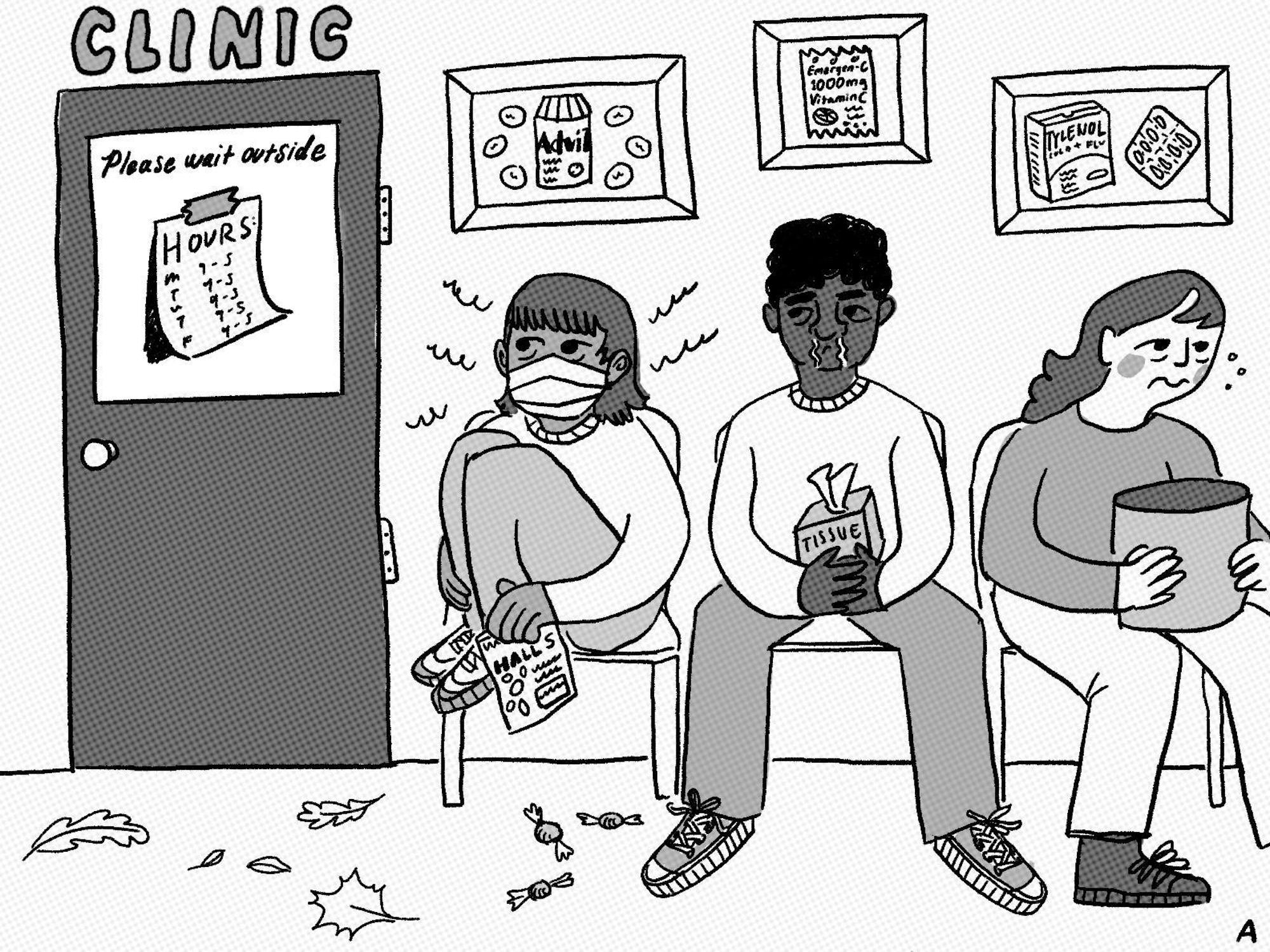Ever since Ozempic took center stage, it’s been hard to look away. In my family medicine clinic, it seems like every patient is inquiring about weight loss drugs. These drugs seem like little miracles stuffed in once-per-week injectable pens, boasting weight loss of up to 34 pounds after about a year of treatment. We know that obesity is dangerous. I recall the exhaustive lectures on how excess adiposity increases your risk of stroke, heart attack, Type 2 diabetes and death. Now, we have this drug that seems like a cure for obesity, an issue that ravages about 2 in 5 adults in the United States.
Anecdotally, these medications work. My patient lost about 18 pounds on this drug after being on it for only a month. She sat in front of me, delighted that she had been able to treat herself to an entirely new wardrobe. “I don’t think about food all the time, and that’s the very best part,” she said.
Now, I find myself in a dilemma. I can’t deny the results, but I do find myself disconcerted. Does losing that much weight so quickly come with a cost? The truth is, we don’t really know. I can’t recall a time when I struggled with the concept of a drug working a little too well.
Ozempic and Wegovy are part of a drug class known as GLP-1 agonists. Their proposed mechanism involves slowing down the process of digestion, lowering postprandial blood glucose by stimulating insulin secretion and decreasing food cravings. Interestingly, the drug first grabbed scientists’ attention in rat experiments. Rats that were implanted with tumors of pancreas cells that produced copious amounts of GLP-1 nearly stopped eating. Other studies have found that when humans had a continuous IV drip of the hormone, they ate 12% less food at a buffet than those who received the placebo.
It’s obvious that weight loss takes great mental fortitude, and even those with the strongest willpower can falter. Commitment to weight loss and a healthy lifestyle is a lifelong journey. Could these drugs eliminate the necessity for such commitment?
Last week, during a lecture, my professor split us into two groups. My group was the healthy lifestyle group. My patients were allowed to have unlimited fruits, vegetables, gym access, doctor’s visits and home monitoring (blood pressure cuffs and scales). The other group was given Wegovy for two years. Who would have the most sustainable weight loss? My professor bet on my group. Wegovy stops working once you stop taking it, and a study published in the National Library of Medicine found that most users regained around two-thirds of their prior weight loss once treatment was withdrawn. The same goes for dieting too. Progress halts when the intervention stops.
America isn’t going to stop producing addictive food, and the consequences of obesity are well-documented. My own experience in helping patients manage their weight has been revealing. The psychosocial impacts of losing weight cannot be emphasized enough. It can be grueling for a person’s self-esteem, routine and family.
Ozempic and its counterparts may change the paradigm of weight loss. However, I hope that it functions as an adjunct rather than a fix. Despite this evolving landscape, weight management must still include nutrition, behavioral therapy and physical rehabilitation.






